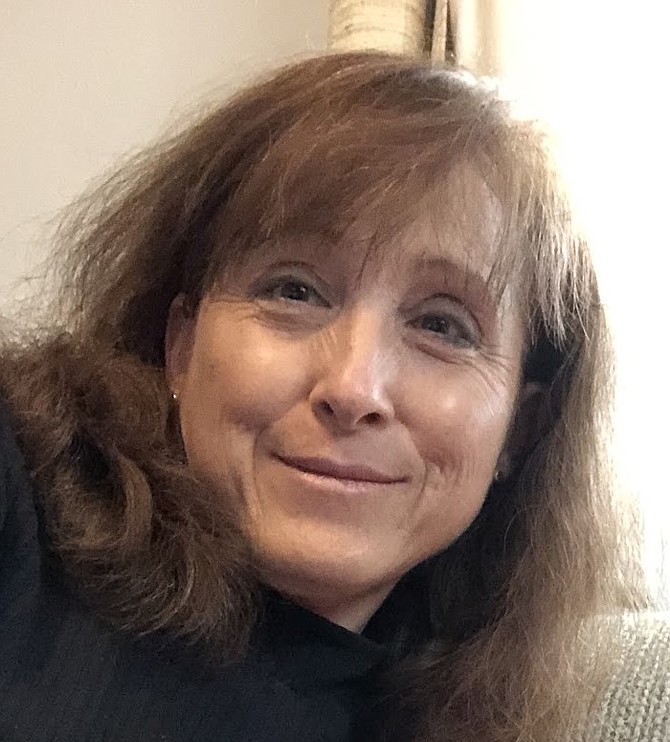Region filled with amazing health care facilities, workers

Caroline Lobsinger
For some reason, I decided to make Thanksgiving dinner a few days late. I'd been at work and had dinner with friends on the day of, so the turkey breast sat waiting for me.
After tossing it into the oven, I got to work on the rest of the meal. The cranberries were cooling in the refrigerator, the mashed potatoes all made, and all that was left to do was make the sweet potatoes.
And that's where dinner took a hard left. Without going into too many details — pro tip: make sure your immersion blender is unplugged before you clean it.
The good news, the worst of the damage was a deep cut that required stitches and, following a trip to the Emergency Department at Bonner General, I was back at home with stitches in the back of my finger.
The folks at Bonner General couldn't have been friendlier or more helpful. Compassionate, dedicated and hardworking, they examined my fingers, apologized when far more serious emergencies kept them away for longer than what they felt was acceptable, and made me feel the accident could have happened to anyone.
There are more than 18 million healthcare workers in the United States — doctors, nurses and first responders to name a few. They serve on the front lines of our hospitals, nursing homes and clinics, offering a kind word, compassionate care and their expertise when we are having a not-so-very-good day and end up needing their help.
Consider the folks at Shoshone Medical Center, balancing serving a rural community and providing quality medical care. Or the folks who work at the hospital's foundation, handling nearly all the critical care facility's community outreach while constantly looking for ways it can help the hospital improve, increase, or expand services.
Or consider the approach to health and wellness at Northwest Integrated Health, which offers a personalized, integrative approach that isn't typically found in larger health care systems.
"We focus on treating the whole person and attempt to prevent illness, rather than treat symptoms of disease," Northwest Integrated Health office manager Chantel Klundt said of the hospital's approach to healthcare. "Unlike traditional health care systems, where you might feel like just another number, at Northwest Integrated Health, we take the time to get to know you, understand your health goals and work closely with you to achieve them."
Then consider how the region's healthcare workers and facilities are using technology to transform healthcare, from exoskeletons helping patients regain the ability to walk to artificial intelligence that automatically transcribes patient information immediately after visits, freeing up workers to spend time with said patients instead of paperwork.
Technology allows Regenerize to do its work. The telehealth clinic offers personalized, integrative care for weight loss, mental health, and more. The company, founded about 2 1/2 years ago, has patients in 11 states, including Idaho, Washington, and Oregon.
Or, look at the tranquil calm brought about at Bonner General Health's Healing Garden. While health can mean many things, Bonner General Health officials knew decades ago that mental health, a place for calm and respite and solace was as important to their patients' health — and that of the community and hospital's staff — as mending broken bones.
The region's healthcare facilities and workers deserve our thanks and appreciation. On our worst days, they run to help so that tomorrow will be better.
Dive into this month's North Idaho Business Journal as we celebrate them and showcase a few of the many reasons why they deserve both.
— Caroline Lobsinger, NIBJ Editor










